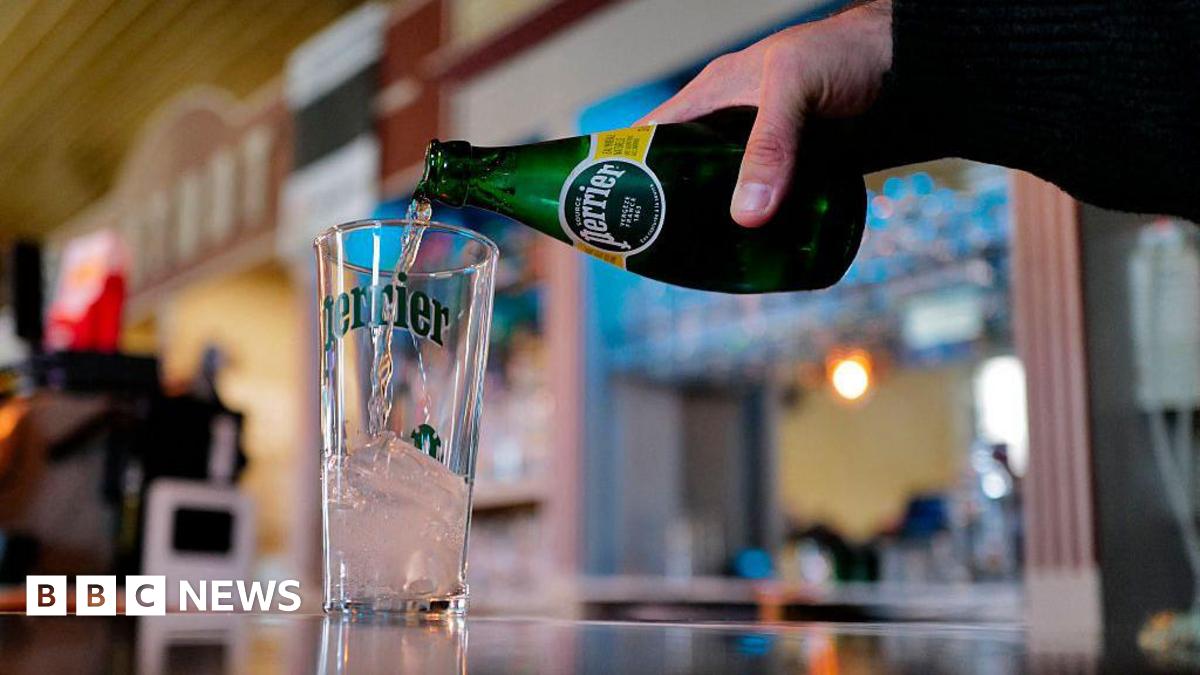The story hit the headlines a year ago in France after an investigation by Le Monde and Radio France revealed that at least a third of mineral water sold in France had been illegally treated, either with ultra-violet light, carbon filters or ultra-fine micro-meshes commonly used to screen out bacteria.
The issue was not one of public health. The treated water was by definition safe to drink.
The problem was that under EU law, “natural mineral water” – which sells at a huge premium over tap water – is supposed to be unaltered between the underground source and the bottle. That is the whole point of it.
If brands like Evian, Vichy and Perrier have been so successful in France and around the world, it is thanks to an appealing image of mountain-sides, rushing streams, purity and health-giving minerals.
Admit filtering the water, and the industry risks breaking the market spell. Consumers might begin to ask what they’d been paying for.
Complicating matters for Perrier and its parent company Nestlé – as well as President Emmanuel Macron’s government – is the charge that executives and ministers conspired to keep the affair quiet, covered up reports of contamination, and re-wrote the rules so that Perrier could continue using micro-filtration.
In their investigations, Le Monde and Radio France alleged that the government considered the mineral water industry so strategic that it agreed to suppress damaging information. A senate inquiry into the affair accused the government of a “deliberate strategy” of “dissimulation”.
Responding to the allegations, the government has asked the European Commission to rule on what level of micro-filtration is permissible for “natural mineral water”. Aurelien Rousseau, who was head of Prime Minister Élisabeth Borne’s cabinet at the time, admitted there had been an “error of appreciation” but insisted there was never any risk to public health.
